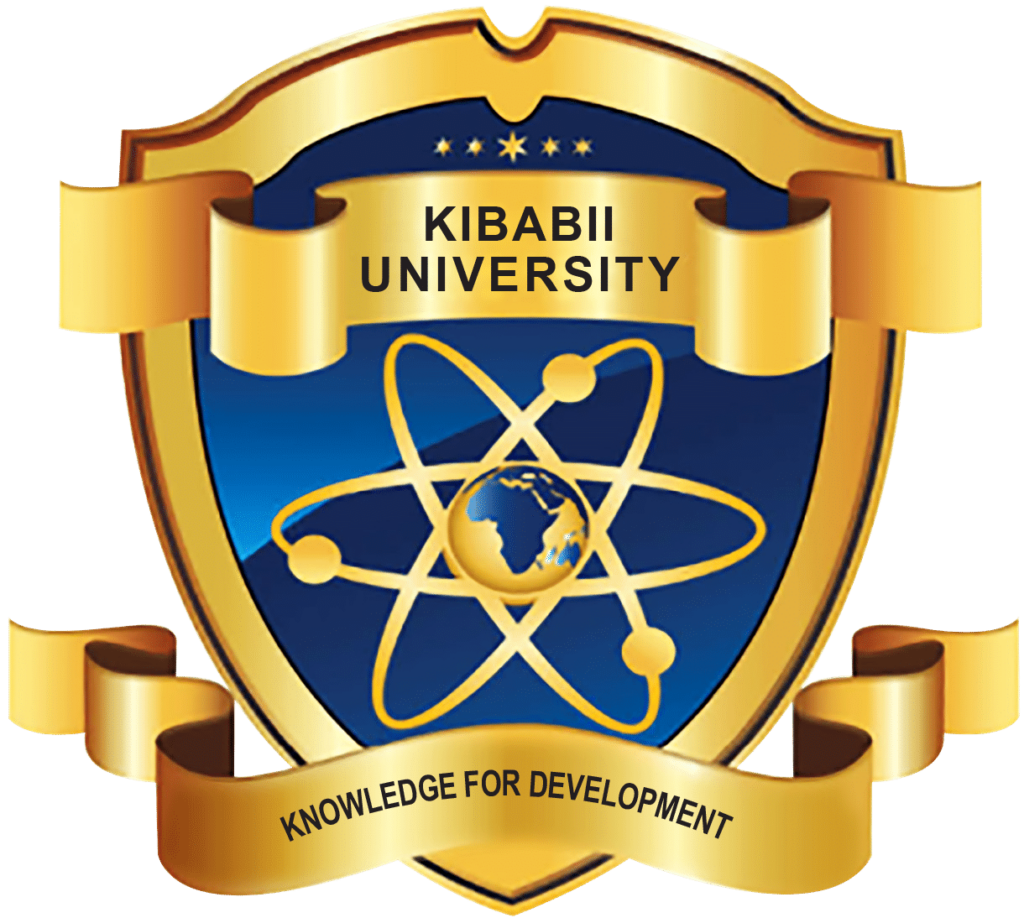Competence Network for e-Inclusion and Assistive Technologies
Dr. Guyo S. Huka; Amos Chege Kirongo
ghuka@must.ac.ke; akirongo@must.ac.ke
Abstract
Information and Communication Technology (ICT) has changed how people communicate, transfer knowledge and perform everyday tasks. Access to internet is an important factor in African countries, where availability of computers and smartphones constantly increases. ICT-based assistive tools allow Persons with Disabilities (PWDs) to learn, work in a well-paid job and participate in social activities. However, suitable assistive tools are often not available and unaffordable to people with disabilities. Meru University of Science and Technology (MUST) has established various resources in the sector of Assistive Technology (AT), including various Open Source designs for alternative computer input solutions under Competence Network for e-Inclusion and Assistive Technology (CNEAT) program. The objective of the program is to establish, collect, extend and share knowledge, tools and best-practice models for affordable Assistive Technology (AT) and its application. MUST has established AT centers for learners living with disabilities in Igoji Small Home, Kaaga School for the Mentally Challenged and Autistic Children, and Athi Special School in Meru County. The assistive devices were easily configurable (FlipMouse) and usable for persons without limbs; but insufficient due to the high population of users against the quantity of devices. 90% of users prefer to work using the assistive devices and 80% of users prefer to use the system frequently. 60% of the users found it easy to use and the various integrated functions of the system, while 80% felt very confident using the system. The Schools lack ICT devices that can enable them to access learning content provided by the Kenyan Government. Consequently, AT Centre at MUST is now fabricating FlipMouse and FABI for learners with disabilities. ATs would thus, raise self-efficiency of PWDs and hence reduce poverty for Sustainable Development.
Keywords: Assistive Technologies, Sustainable Development, e-Inclusion, Open Source, ICT,
![]()
Download Abstract: Competence Network for e-Inclusion and Assistive Technologies

